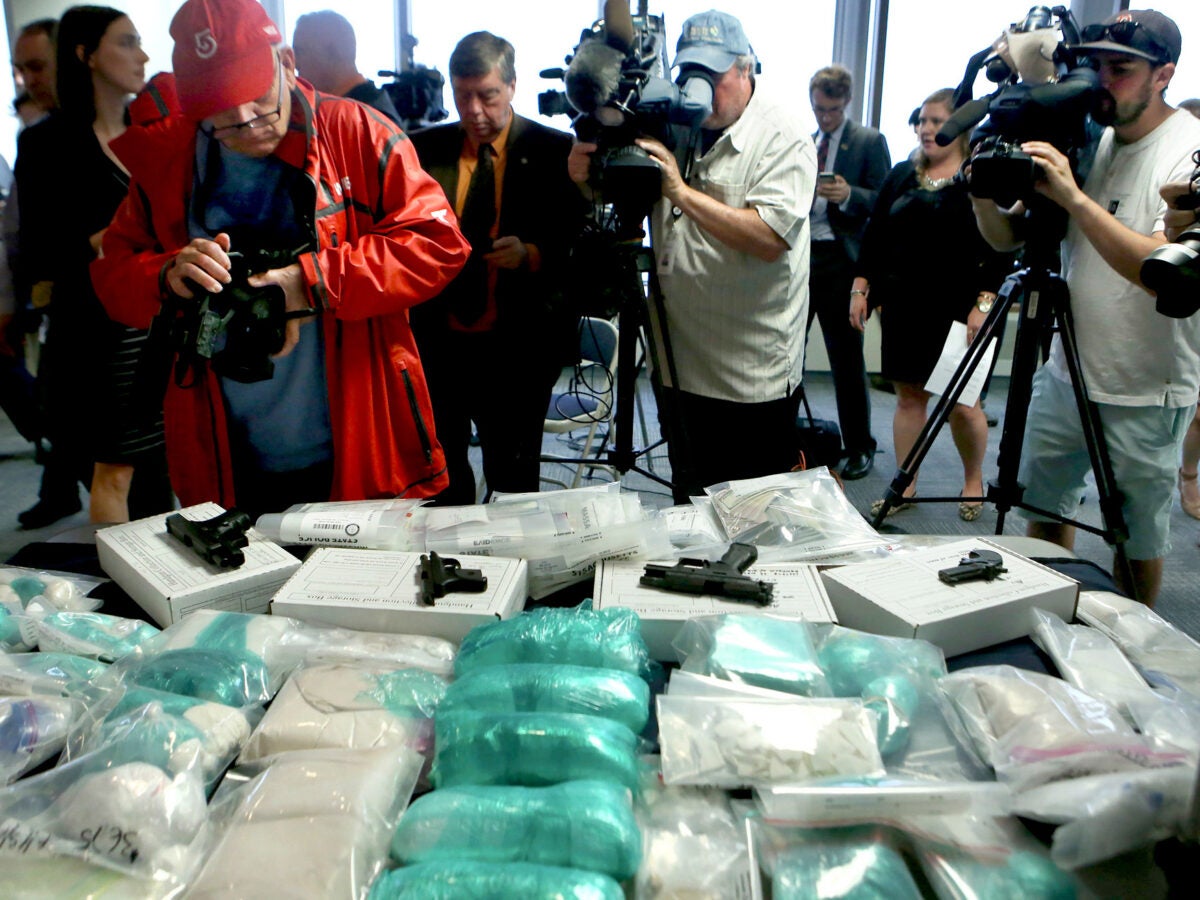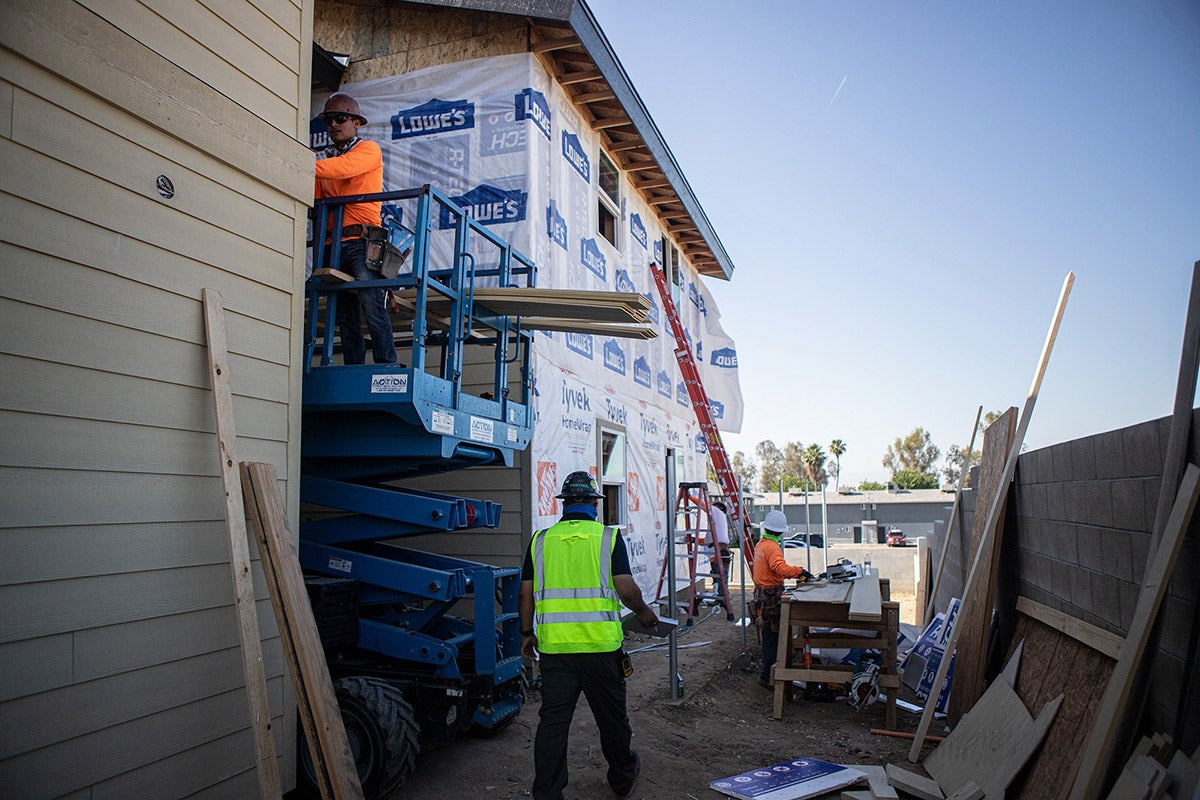Research
Here’s why police drug busts don’t work
When President Richard Nixon declared the “war on drugs” in 1971, his administration prioritized drug busts and criminal prohibition. As the war enters its sixth decade, victory remains elusive: overdoses kill thousands every year, dangerous illicit drugs like fentanyl remain widely available, and the nation’s life expectancy has recently slid, in part because of substance abuse.
By now, it’s clear that we’ve lost the war: We can’t arrest our way out of an overdose crisis.
What’s more, there’s growing evidence that drug busts may actually increase overdoses. The war on drugs is costing lives.
Sign up for Harvard Public Health
Delivered to your inbox weekly.
We are part of a research team that assessed the impact of drug busts in 2020 and 2021 in Indianapolis, Indiana. We found compelling evidence that fatal and nonfatal overdose rates doubled following police raids to seize opioids and other drugs. In the week following a drug bust, fatal overdoses doubled within 500 meters of the event, and within two weeks of police action, first responders were called to administer naloxone to reverse drug overdoses at twice the rate, suggesting an increase in non-fatal overdoses.
Why doesn’t getting drugs out of people’s hands appear to work? We didn’t design our study to yield definitive answers, but we have a few good theories. Twenty years of prior research has shown that disrupting local drug markets is consistently associated with excess overdose deaths, whether that disruption is a police drug seizure, a global pandemic, or a new drug like fentanyl. The research suggests this is because existing supply lines are disrupted, meaning people who use drugs may turn to riskier suppliers.

Members of the media take images of guns, drugs and money on display at a 2019 press conference in Boston. Authorities in Massachusetts arrested 14 people and seized more than 24 kilograms (53 pounds) of fentanyl, heroin and cocaine in a major drug bust.
Photo: Nancy Lane / The Boston Herald via AP Photos
Here’s what that means in practice:
Illicit drugs are never fully safe, of course, but many people who use drugs establish a relationship with their supplier and have some level of confidence in the quality of the drug they purchase. When an established supply line of drugs shuts down, people who use opioids face painful withdrawal. They will urgently seek out a new supply. And that batch may be unsafe.
Indeed, fentanyl’s ubiquity in the illicit drug market means finding a new, safe supply quickly is difficult. The pain of withdrawal also raises people’s risk tolerance. That exponentially increases the risk of overdose. As a result, overdoses rise where drug busts happen.
It might sound strange to place importance on the relationship between a drug supplier and consumer—but put simply, established personal relationships between people who use drugs and their suppliers play a significant role in helping the users assess risks and manage an exceedingly toxic drug supply. When that relationship is severed, people suffering from addiction turn to dealers they don’t know, and don’t necessarily trust. Don’t just take it from us: there’s plenty of research showing how important these relationships with dealers are to saving lives.
We hope our findings, which we intend to replicate in other cities, motivate public officials to shift from drug interdiction to more effective strategies, such as opening overdose prevention centers, creating safer supply programs, and expanding availability of effective treatments for opioid use disorder, including access to medication-assisted treatment.
It is also past time to consider more broadly decriminalizing drug possession and use for a range of illicit drugs across the country, an approach that has worked in Portugal for more than two decades and is nascent in Oregon.
But we have a long way to go at the federal level. The Biden administration just allocated $18 billion in the 2023 federal budget to ramping up law enforcement interdiction efforts—which may, as our study shows, have the unintended effect of worsening the nation’s overdose crisis.


